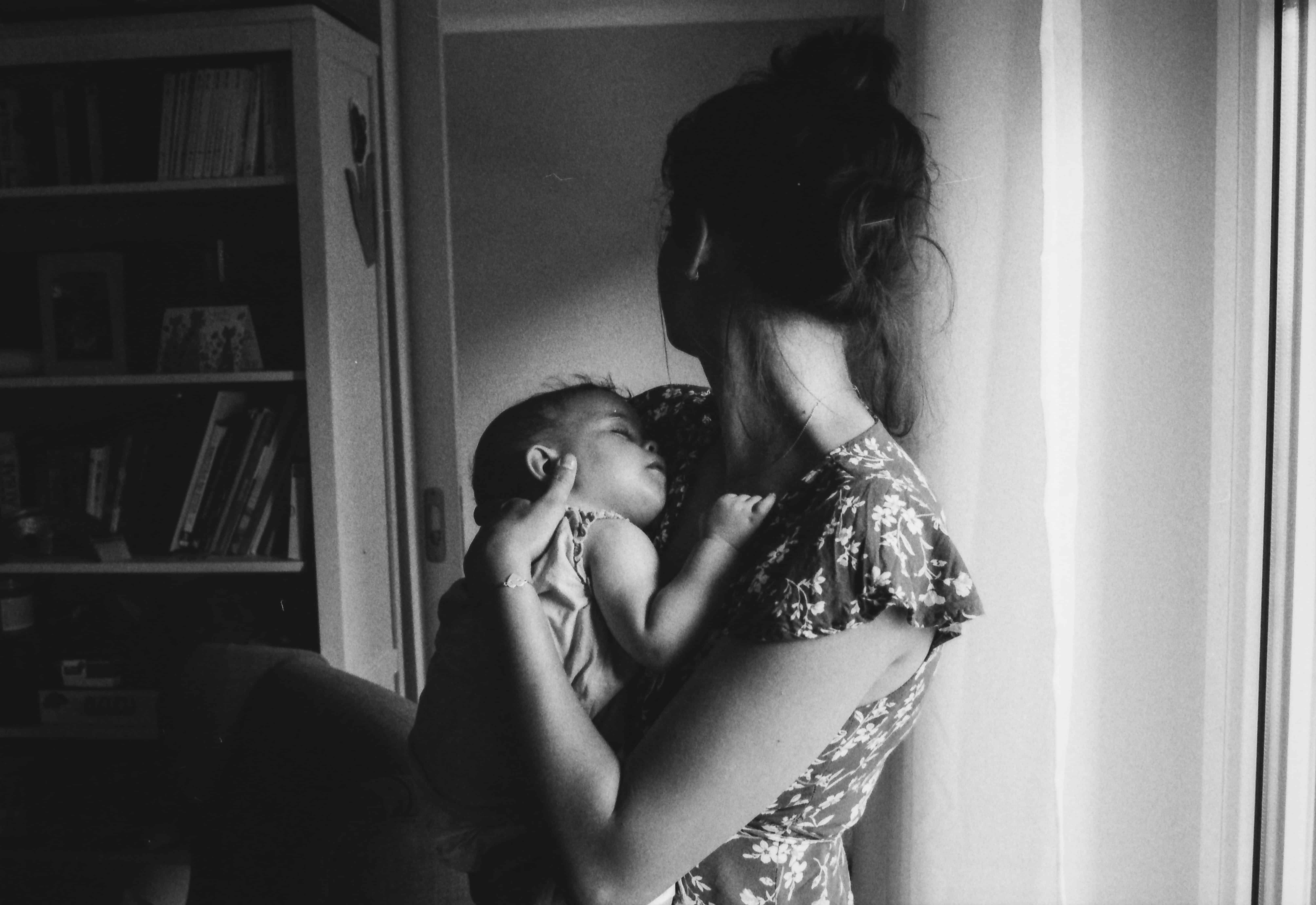This holiday season, Toronto’s Red Door Shelter will be supporting 430 children. “What people don’t realize, when we think of family homelessness, is that it disproportionately negatively impacts children,” says Kirsten Cooney, who manages fundraising and outreach at Red Door, “over 2/3 of our residents, on any given day, are children. The majority of our residents are children.”
Since COVID arrived in mid-March, there has been an alarming uptick of domestic violence across Canada. “Women are now confined to the home, because of COVID restrictions. Isolation and lockdown are government mandated. Keeping the public safe has inadvertently created a really dangerous situation for women and children that are living with abusers,” says Cooney, adding that, “Perpetrators have used the pandemic itself as a strategy to further abuse and control.”
It’s not just the government sanctioned lockdown that has played a role in contributing to the rise of domestic violence, there are many factors at play: financial stress, unemployment, increased substance use, general uncertainty. “All of those factors can exacerbate violence,” says Cooney, who describes the confluence of issues as a “perfect storm”.
Getting help is also more complicated. Being confined to the home means that abusers are able to monitor phones and other devices more easily. In normal times, it’s common for women to connect with crisis lines and shelters by using computers at their local library, but between closures and abusers using government sanctions as a form of control, this option of seeking help has been far more difficult. Women have also been reluctant to leave their homes, and go to shelters, because they are scared of COVID.
There are many more hurdles now than before the pandemic, and this is the same for the staff at Red Door. “We were scrambling to adjust. Before you’d have a couple women sharing a room, we had to change that. We had to bring in a lot of additional cleaning protocol. We really had to adapt to reduce our capacity to meet public health regulations, while still serving as many people as possible,” says Cooney, explaining that drastic changes also had to be made for the children’s programming, “It’s been difficult, but we’ve tried to be creative with individual kits for the kids and games that they can do on their own.”
Luckily, Red Door hasn’t had to turn anyone away. But Cooney shares that support is vital to ensure that they can continue to provide the care to the many Toronto women and children that need help, “Our goals are twofold: to help people heal from trauma and help them rebuild their lives, and give them a space for themselves, and their children.” For many of the kids, their time at Red Door is the most stable part of their childhood: “They have three meals a day, there is no yelling or violence. They have access to toys and arts and crafts. We try to provide as normal and stable a time as possible.”
To find out how you can help support Red Door families this holiday season, and beyond, head to their site. Donations submitted on Giving Tuesday will be matched by a generous donor. Help a family in crisis now.




 Follow Us On Instagram
Follow Us On Instagram
